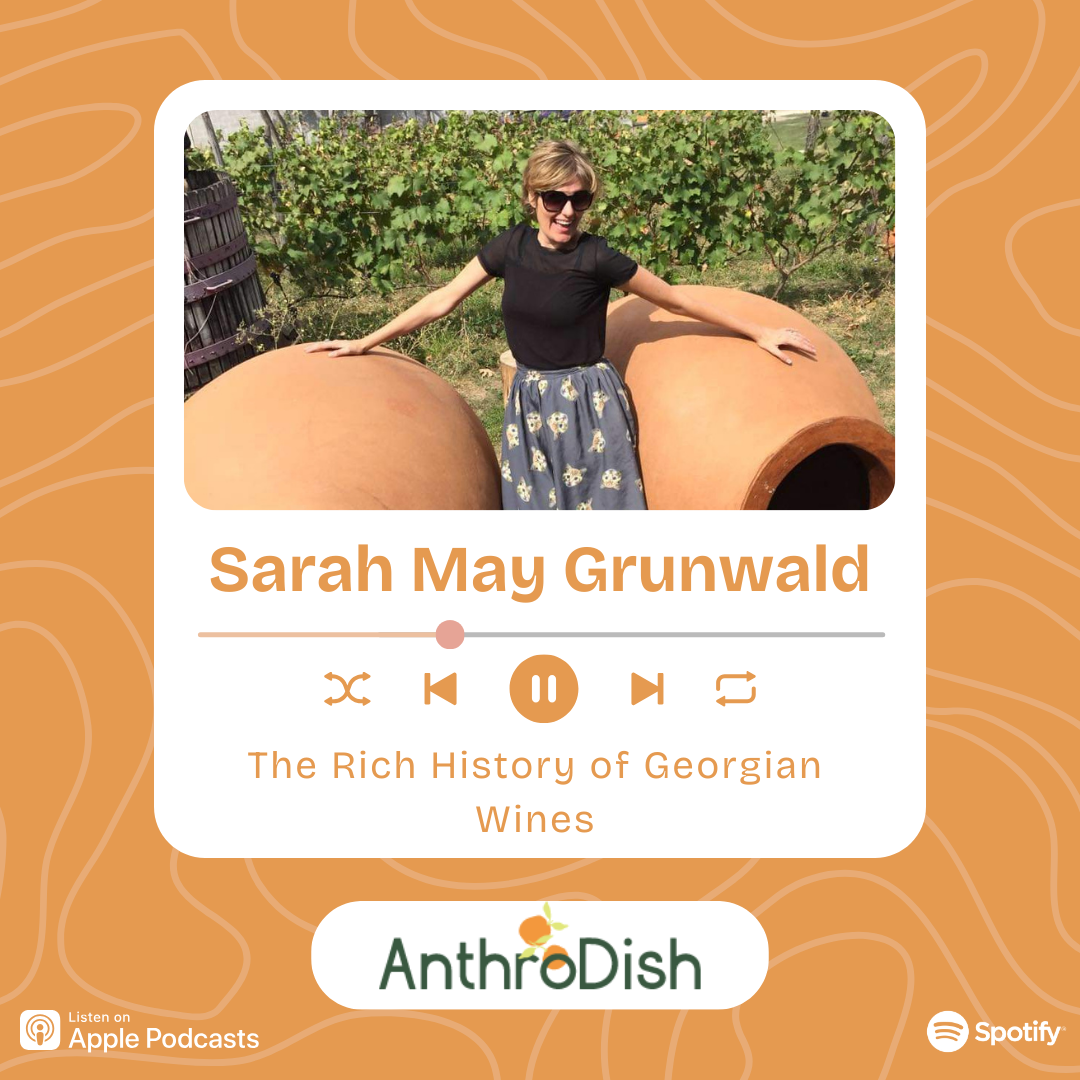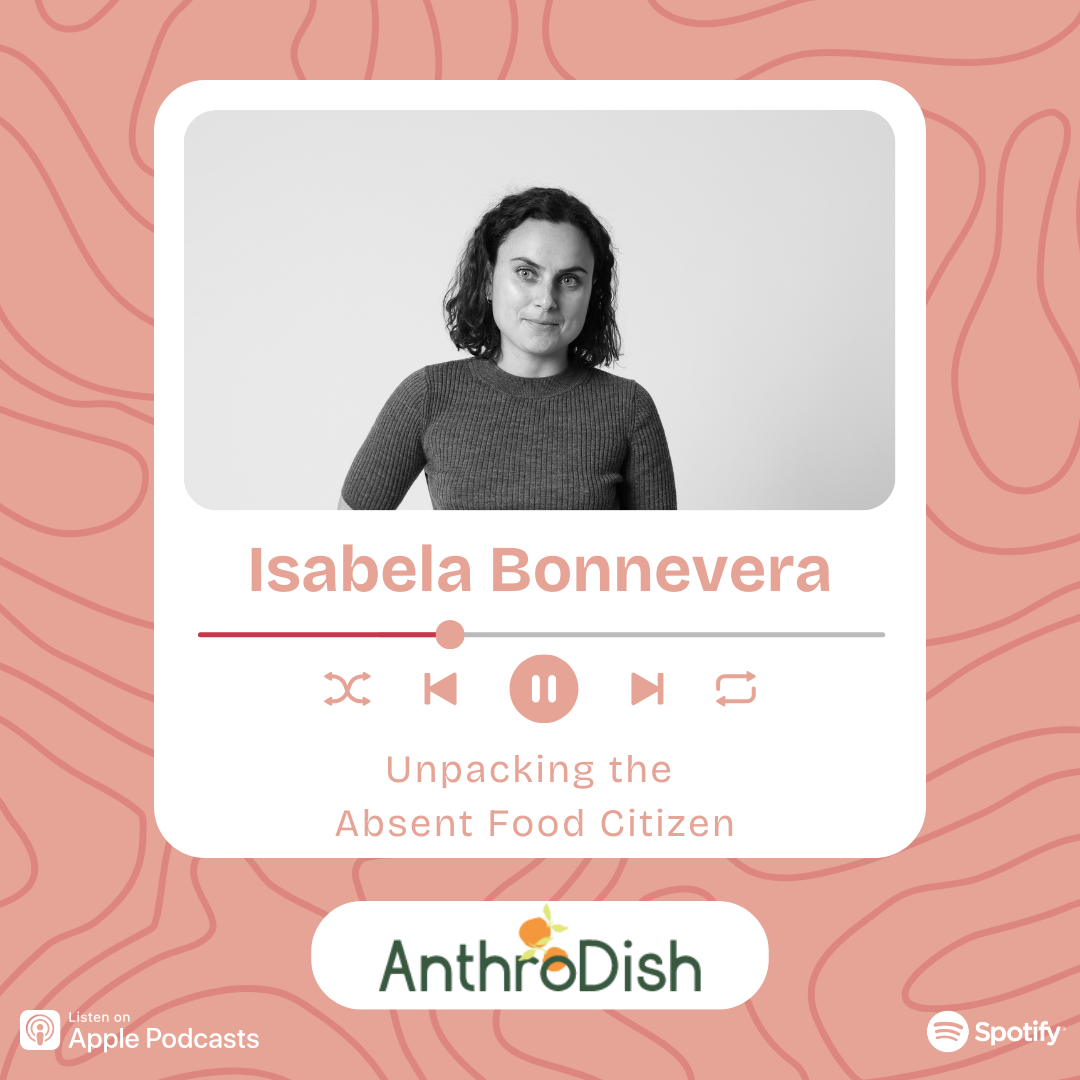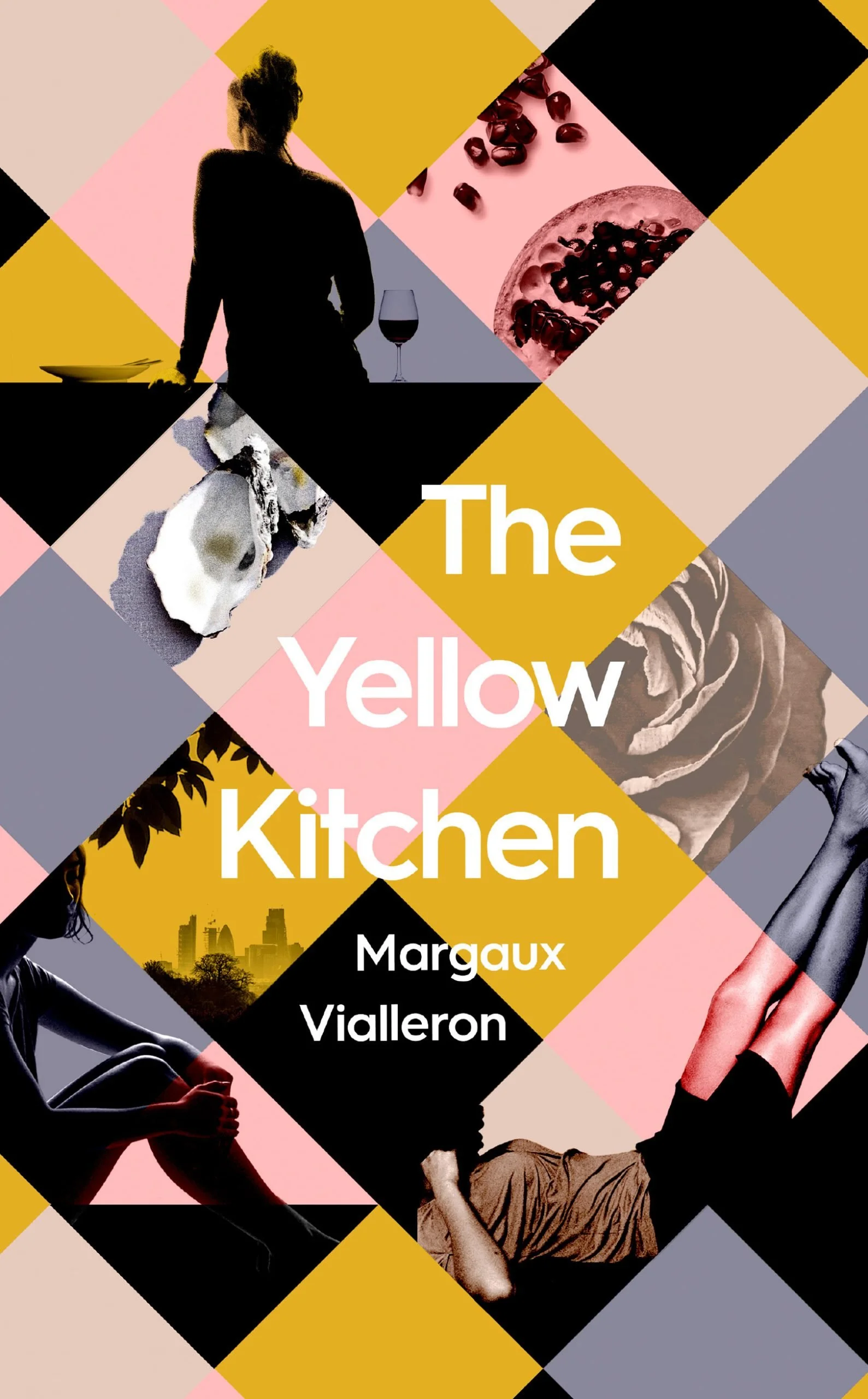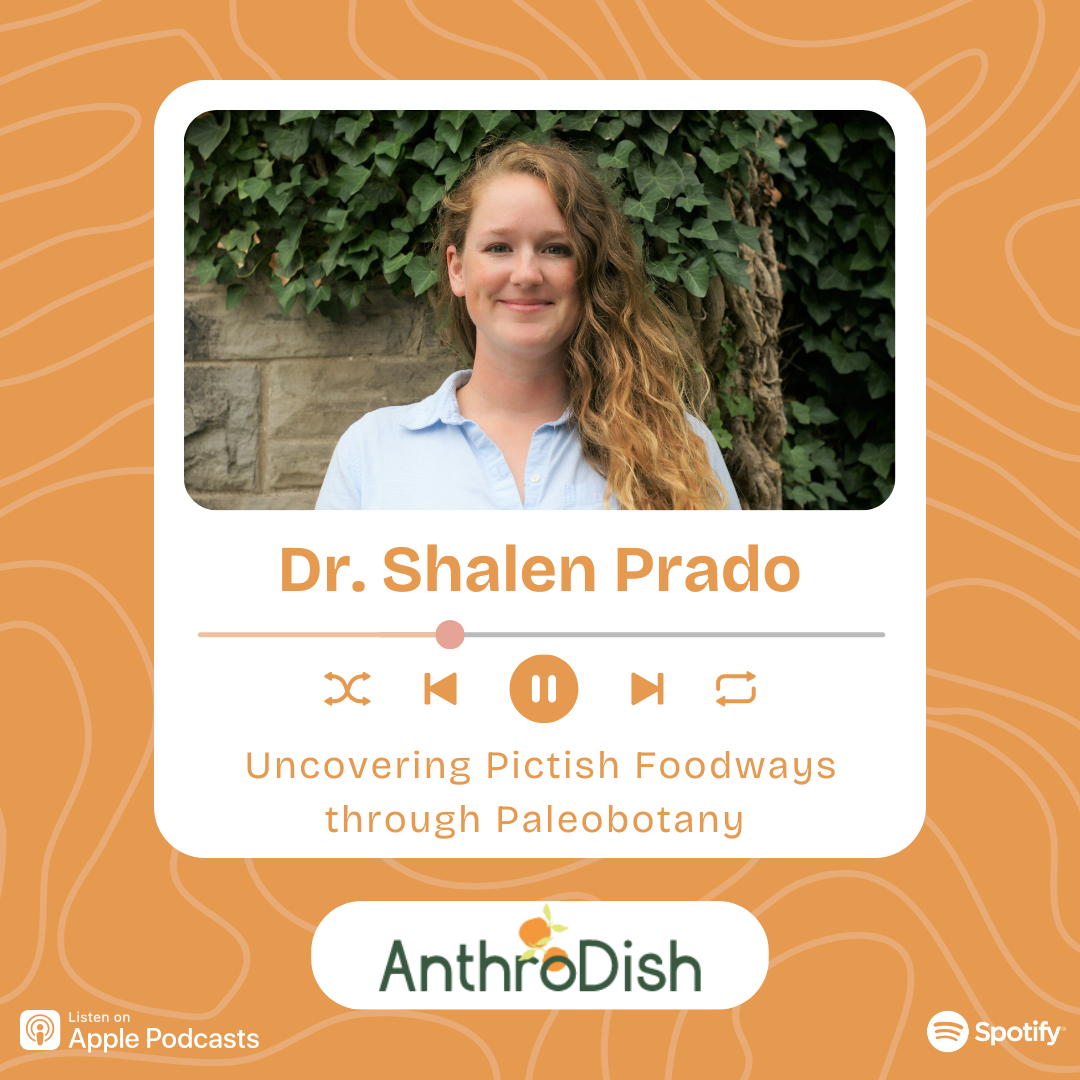When it comes to wine, I have a tendency to retreat and panic: I don’t know anything, and I certainly don’t feel like I have the means to access the knowledge. I often wonder if that’s a common experience for people, based on the connotations that come with its consumption. My guest this week, Sarah May Grunwald, is someone I find quite admirable for the barriers she breaks down in communication about wine and winemaking practices.
Sarah May Grunwald is a wine, food, and travel writer originally from California. She is a certified sommelier, WSET level 3 certificate holder, and former professor of wine. Sarah practices permaculture and keeps bees in the Roman countryside, where she produces olive oil and has seven rescue dogs and five cats. She leads wine and food tours in Rome and the country of Georgia and co-owns a Tbilisi-based food and wine tour company called Taste Georgia. She has been working in Georgia since 2014.
Today, she’s on the show to discuss Georgian wines' rich, deep, and fascinating history. Despite more attention being given to Italian or French traditions of wine, Sarah May taught me that wine’s birthplace is long considered to be in Georgia during the Neolithic. What makes us skip over this key piece of wine history? We explore the role of the qvervi vessel in the specific practices of winemaking in Georgia. These sociopolitical and geographic influences have informed how and where Georgian wine is made, and delve into the future of winemaking with climate change.
Learn More About Sarah May Grunwald:










